The war years marked a turning point for YFC with the development of agricultural classes and proficiency tests, but were also nearly disastrous as many YFC supporters and staff were drawn into the armed forces or war work. Some clubs announced they were closing until after the war and by the end of 1940 few people held much hope of reviving YFC. But the picture changed dramatically when the Board of Education (BoE) was empowered to give financial help to youth organisations including YFC. A joint advisory committee was formed between the BoE, Ministry of Agriculture and NFYFC. Though membership had dropped to just 7,000, YFC now had government help, and had undergone a wide change, educationally and socially. It had become obvious that YFC could provide a countryside youth service and also clear it couldn’t do so with its existing staff, so the advisory committee made possible the appointment of an organiser for each county as part of the NFYFC staff. Then, just as the organisers had been appointed in 1943, the Treasury decided grant aid from national government could not be used to appoint staff working at county level and YFC members were committed to shouldering the financial responsibility.
A resolution was passed at the national AGM in 1947 to devise a national scheme to encourage crafts and recognise and reward skill. It aimed to encourage YFCs to organise instruction on a wide range of subjects. This was developed throughout the 1950s and formally recognised as the National Proficiency Test Scheme. By the end of the decade 10,000 tests a year were being taken and many thousands more Young Famers were taking classes. When the tests became a formal part of nationally recognised assessment schemes, uniform national standards became necessary, and as NFYFC did not have the necessary resources it gave up control of the scheme.